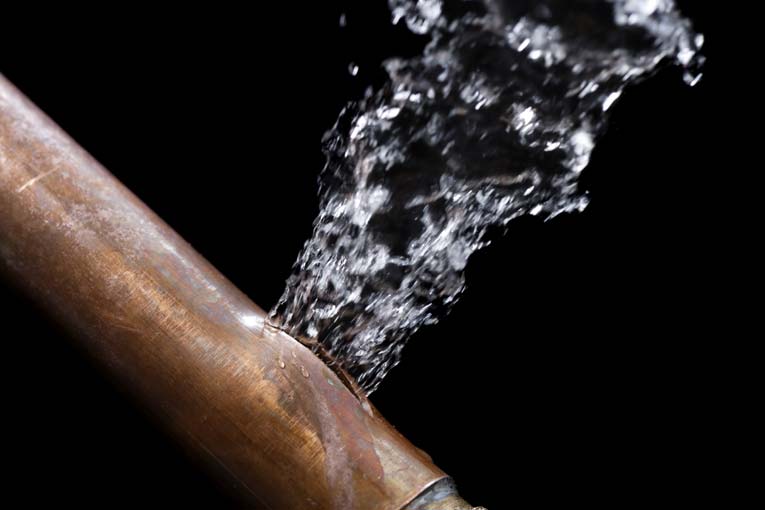
24 Nov. 16
Why did my foundation wall start leaking?
Answered by Serba Corbic, licenced lumber who has worked on foundation issues for years.
Foundation walls of your house do a lot, they support your home and provide the space for you and your family to enjoy. Over time, foundation walls deteriorate and you will need to perform some maintenance and repairs. One of the major and most common issues homeowners have is a leaky foundation wall. In spring, when the snow starts to melt or during a heavy rainstorm, water may penetrate through the wall and come into your basement. This could cause major damage to your basement wall, floor, furniture and other contents of you house. When this happens, many homeowners will call their insurance company who will replace everything that got damaged, but they will need to call a plumber or a waterproofing specialist to come and fix the leaky walls.
A waterproofing specialist will look at your whole property, inside and out, before coming up with plan on how to fix the leaky walls. First they will look at the grading outside of your house to make sure that it is sloped away from the house. Then they will inspect your foundation walls. Main thing that they look for is if your walls are made out of concrete blocks or out of poured concrete. If they are made outof poured concrete then they will look for a crack in the wall. Once found, the options will be to seal the crack by injecting epoxy or polyurethane resin, a liquid substance that will harden once exposed. This is the most economical way of fixing a leaky wall. The other option will be to excavate the wall on the outside and seal the crack. This will involve digging beside the wall down to the footings. The wall is then cleaned by a pressure washer and left to dry. Once the wall is dry, pargingcement is used to seal the crack in the wall. Tar, and plastic dimpled membraneis applied to the wall. Weeping tile pipe, which runs around your house at the bottom of the foundation wall, is inspected to make sure water is draining away. Hole is then backfilled, compacted and made sure to slope away from the foundation wall.
If the foundation wall is made out of concrete blocks, their recommendation will be that the wall be waterproofed from the outside from one corner of the house to the other. This is due to the fact that the water can enter the concrete block wall and travel through the blocks that make up the wall to enter the basement at any point. The soil along the leaky wall will be excavated down to the footings. The wall will then be cleaned with a pressure washer and left to dry. Once dry, a coat of parging cement will be used to seal any cracks along the wall. Once the cement dries, Aqua Block, waterproofing tar will be applied and allowed to dry. Then the dimpled, plastic membrane will be adhered to the foundation wall. After the membrane, new weeping tile pipe will be installed along the footing and covered with gravel. Once the wall is sealed, soil will be backfilled, compacted and sloped away from the house.
This process will make sure that your basement stay dry.
